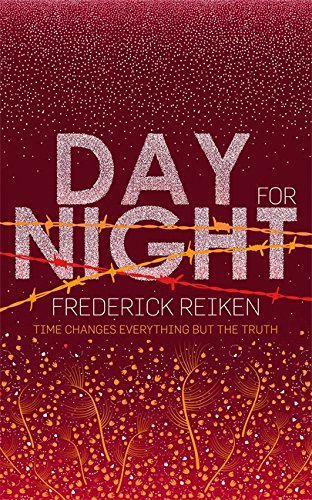
Reiken explores the concept of 6 degrees of separation in this poignant and powerful portmanteau of interconnecting tales told in a first person narrative. The reader is manipulated like a puppet as they leapfrog from one troubling personal story to the next. At its heart is the traumatic legacy of the holocaust, the fragmented nature of the creative process and the shadow self that lies within all of us.